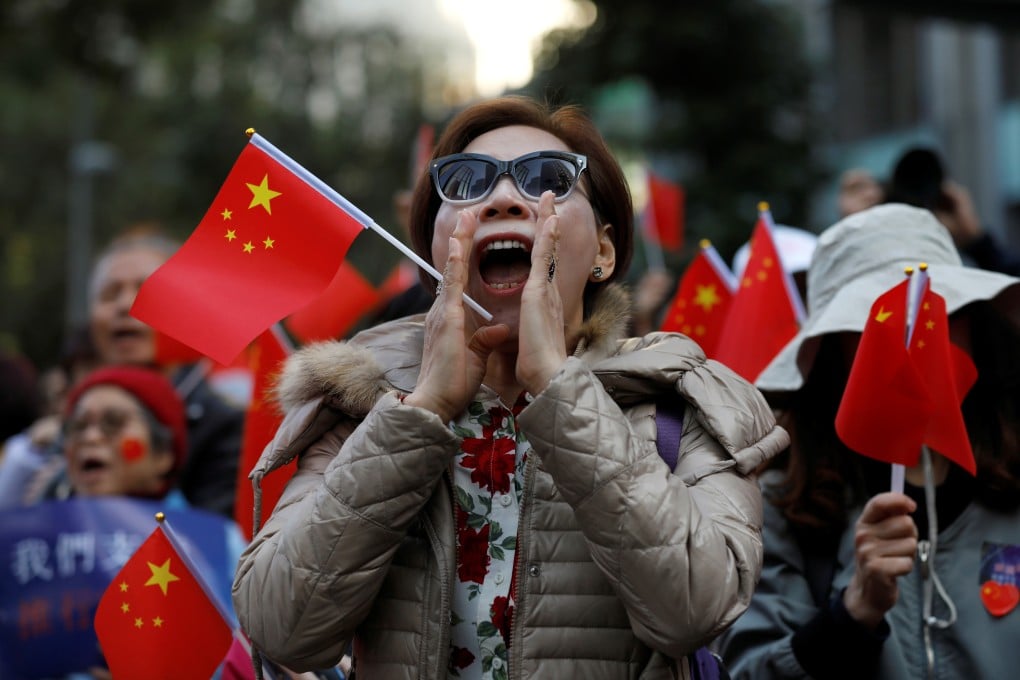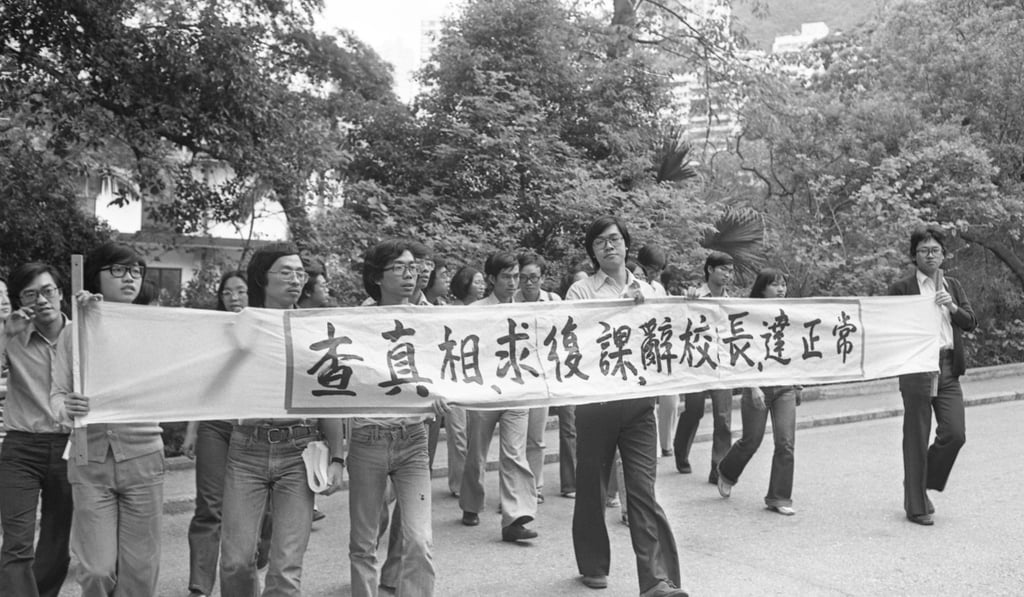From China and India to Britain and the US, how nationalists’ push for centralisation threatens to tear their countries apart
- Hong Kong’s crisis is rooted in Beijing’s determination to assert central authority, to the chagrin of its peripheries. Ironically, the nationalism that stokes such urges threatens unity, in China and around the world

Perspective is a rare quality in journalism, particularly now that Twitter feeds the news and research is confined to googling. So, those English-readers who would like a long perspective on current Hong Kong events should pick up a just-published slim volume titled The Turbulent Times.
The author, Viswa Nathan, has been here for most of the last 54 years as a journalist – including fearless editor of the then serious broadsheet The Hong Kong Standard – through the turbulence and turning points marking the territory, from the 1965 banking crisis to today. Through it runs the thread of a search for accountable government – accountable to the people at large.
The book rightly sees the 1966 riots as seminal for rulers and the ruled. The former’s view, that the people should not complain because they were lucky to be in Hong Kong and not in China, was challenged by mass action. Likewise, it was mass opposition – not least by students – to the leftists’ Cultural Revolution campaign that further solidified Hong Kong’s sense of differentiation and enabled the city to escape the political fate of Macau.
And similarly, it was popular discontent at police corruption – and the anger of a senior official who resigned in frustration – that forced the government to appoint an independent commission of inquiry under a judge who concluded that “the public will never be convinced that government really intends to fight corruption unless the Anti-Corruption Office is separated from the police”.
This led to the establishment of the Independent Commission Against Corruption in 1974, whose efforts led to a police riot and near mutiny which humiliated the then-governor into granting an amnesty. The power and innate thuggery of the police was plain to see – and this image has undoubtedly given Chief Executive Carrie Lam Cheng Yuet-ngor sleepless nights.

